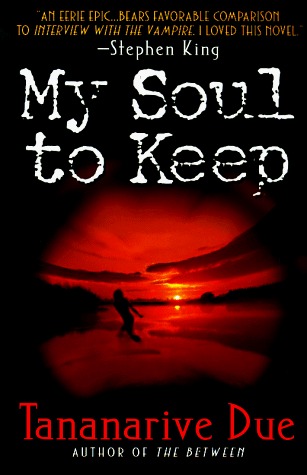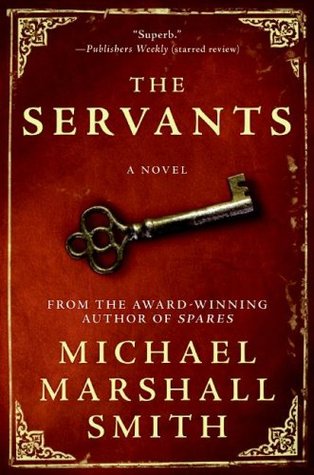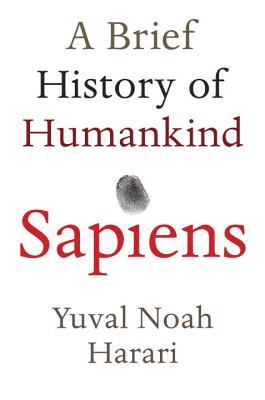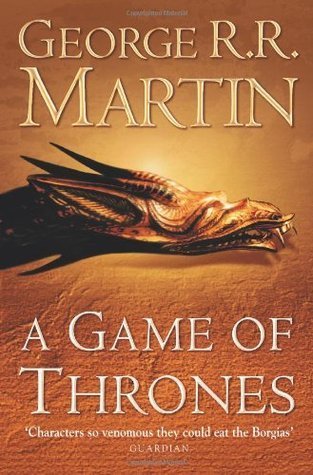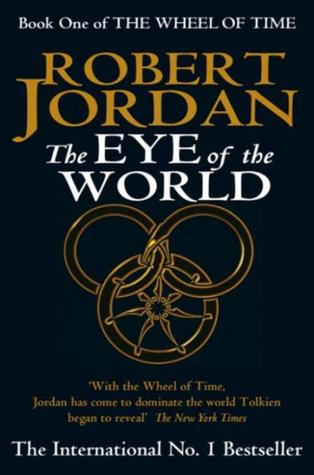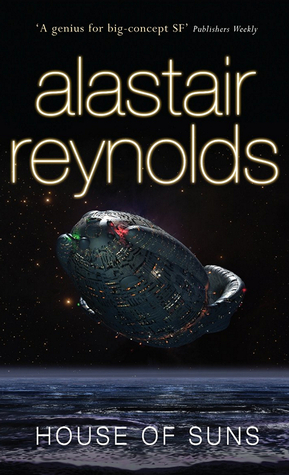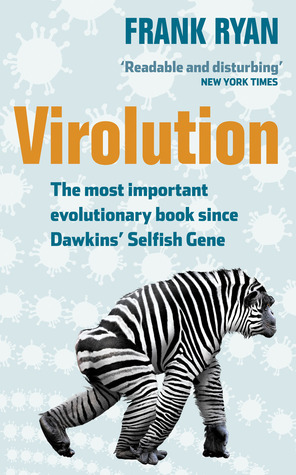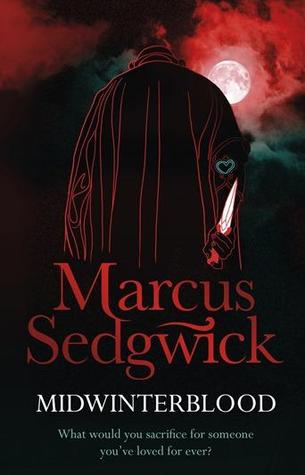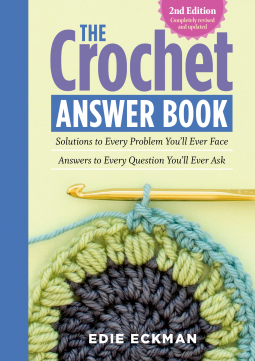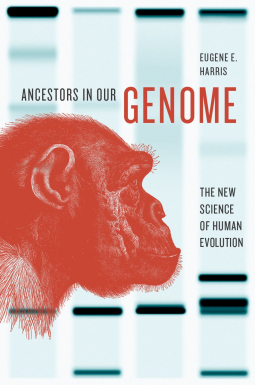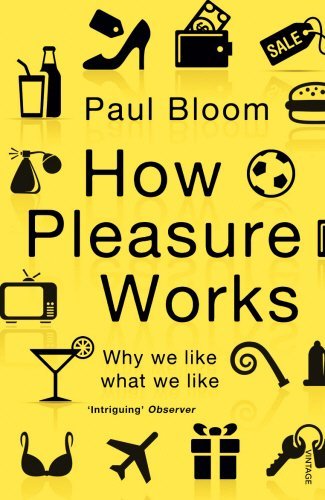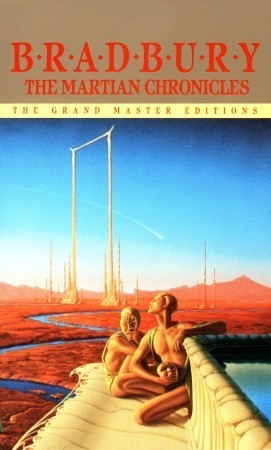I have a tragic lack of confidence in my own academic abilities. I know, intellectually, that I have two good degrees in English Literature from a reputable university. But I don’t really believe that. I worry that I was given my degrees out of pity, or favoritism, or due to a sheer mistake. I pretty much embody the idea of imposter syndrome.
My online courses, though they fill me with joy in one sense, are just making that worse. In my literature classes, I am getting bad marks. Literature classes! My ego is bruised and sullen, my imposter syndrome thinks it’s justified, and I’m feeling the urge to quietly withdraw from the course and possibly the entire internet in mortification at my own stupidity.
Because that’s a bloody stupid idea, here is my mini-essay on Frankenstein written for the SF/F class on Coursera, with bonus reference to Beowulf. I’m not going to pretend it’s utter genius, and it’s very short (all essays for this class are 320 words long or less), but it’s an idea I would like to develop and think about some more, and it’s an analysis based on literary context, not completely pulled out of thin air.
The Mark of Cain
There are many Biblical references in Frankenstein, particularly revolving around Genesis and the creation of Adam (“I ought to be thy Adam”, chapter ten). Biblical imagery offers a powerful way to read the novel, and one Biblical story closely connected with that of Adam, though not mentioned in Frankenstein, is the story of Cain and Abel.
The murder of Abel by Cain has its echoes in the murder of Victor’s brother by the monster. Though it is the monster which kills William, Victor is complicit in that death because of his neglect of the creature he made. Both Victor and the monster are set apart from humankind, as Cain is: “a fugitive and a vagabond shalt thou be” (Genesis 4:12), God says to Cain, and that is equally true for Frankenstein’s monster. But it is also true of Frankenstein himself: “I saw an insurmountable barrier placed between me and my fellow men; this barrier was sealed with the blood of William and Justine” (chapter 19).
The monster’s exile is not solely due to his crimes, but also to his appearance, which suggests a link with the mark of Cain (Genesis 4:15). Another link worth noting is that monsters are sometimes described as being descended from Cain: Grendel, in the Anglo-Saxon Beowulf, is identified as kin to Cain. He is a “wretched creature”, as Frankenstein’s monster is so often described, “siþðan him scyppend forscrifen hæfde / in Caines cynne” (“since the Creator had condemned him with the kin of Cain”, ll. 106-107).
Though this connection is not made explicit by Mary Shelley in the text, the similarities are there; Frankenstein’s monster acts out the first chapters of Genesis in a compressed form, going from creation (as Adam) to acquiring knowledge (i.e. comparing the interlude where he observes Felix and his family with the Fall) to the first murder of the human race (that of Abel).
